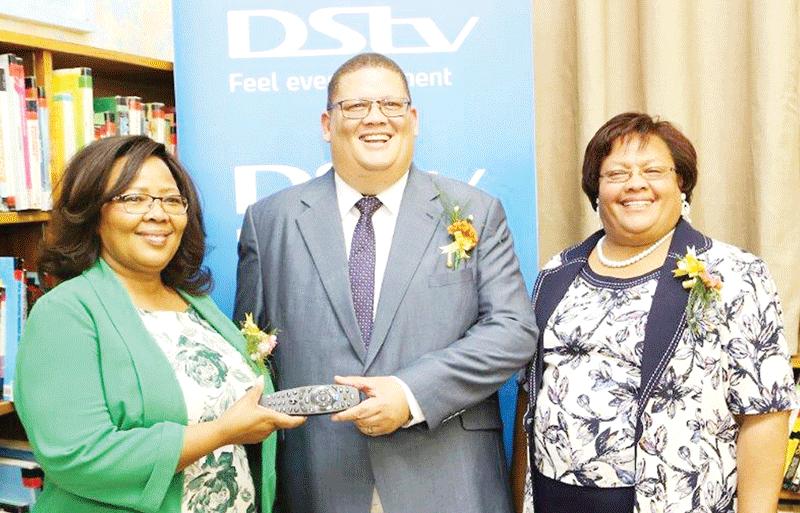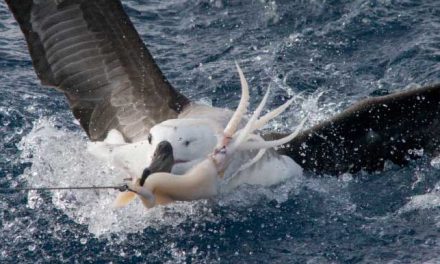
Water sharing concord strengthened
The Okavango River Basing Water Commission (OKACOM) marked 20 years of existence since the agreement was signed in Windhoek earlier this week by Angola, Botswana and Namibia on the Cubango/Okavango basin.
The event tied in with the signing of the Cuvelai Water Commission(CUVECOM) bilateral agreement
between Namibia and Angola on the Cuvelai basin.
The Cubang/Okavango River is also a vital resource in terms of the envisaged Upper Okavango Food Security project which is listed as cross border project between Angola and Namibia under the SADC Water Infrastructure Development Master Plan.
Minister of Agriculture, Water and Forestry John Mutorwa said that an operational institutional framework for the management and utilisation of the Cubango/Okavango basin resource is vital.
“We need to find strategies as three nations and sovereign States to sustain and protect the water resources of the Cubango/Okavango rivers so that they continue meeting our current needs and those of the generation to come,” he said.
The minister announced that the Cubango/Okavango River as a RAMSAR site in order to preserve the ecosystem.
In the same breath he said that Namibia has conducted a pre-feasibility study on the Augmentation of Water Supply to Central Areas of Namibia and Cuvelai to alleviate poverty and the water insecurity experienced in northern and central areas of the country. “However, a more detailed feasibility study will bed done to inform on the viability and environmental impacts of such proposed shame on the natural flow regime of the river,system and riparian States of Angola and Botswana will be notified as per the rules of procedures and in accordance with the SADC revised protocol on shared watercourses,” he added.
OKACOM has developed the Strategic Action Plan (SAP) at basin level and various National Action Plans by each country to manage and protect the water resources of the Cubango/Okavango basin.
Botswana Ambassador to Namibia said in her speech,“the successful conclusion of the Transboundary Diagnostic Analysis (TDA) are a testimony of this enduring relationship. Not many River Basin Organisations can boast of such an achievement where development initiatives within the basin are thoroughly discussed, in an open and transparent manner.”
Mutorwa noted that the main challenge is the establishment of a management framework in promoting sustainable and equitable use of its water resources.
Angola’s Minister of Energy and Water, João Baptista Borges said at the occasion that, “Angola is proud to to reaffirm its commitment to do even more in benefit of OKACOM now that Angola is is enjoying a period of peace.
“In this respect , the Okavango basin Commission has faithfully assumed its responsibility of providing technical support to the governments of the member States in matters related to the conservation, the development and the utilisation of water resources which are common to the three member states,” he said. He extended an invitation to the OKACOM Commissioner of Namibia and Botswana to the official presentation in Luanda next October.
OKACOM’s main function is to ensure the long-term development and safe use of its basin resources. In order to reach its objectives of promoting the integrated management and sustainable development of the Okavango basin, OKACOM, as a regional transboundary institution.













































